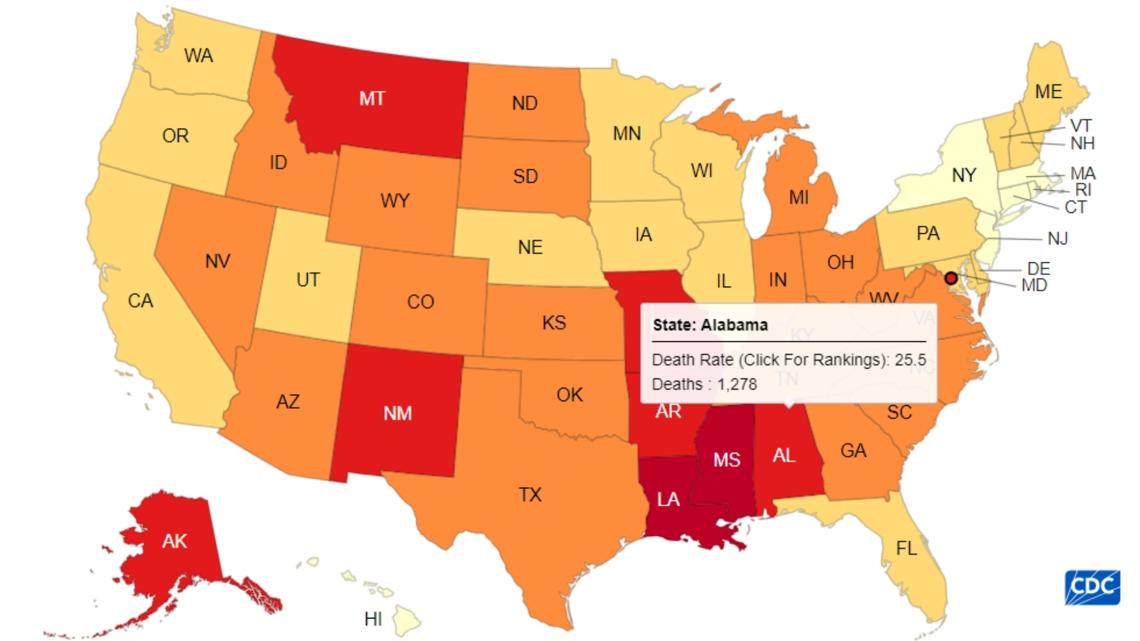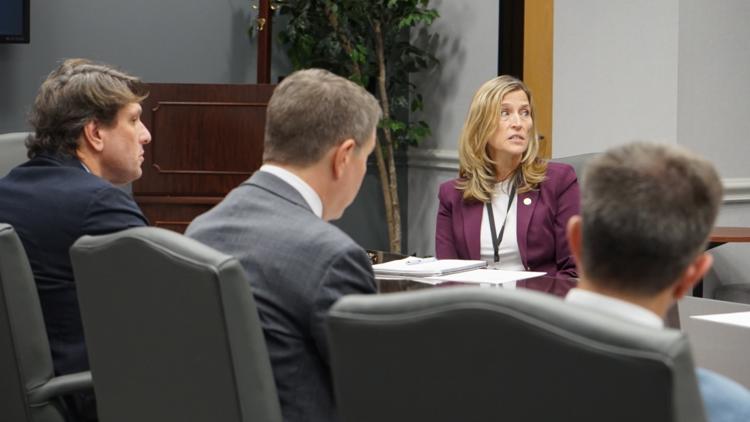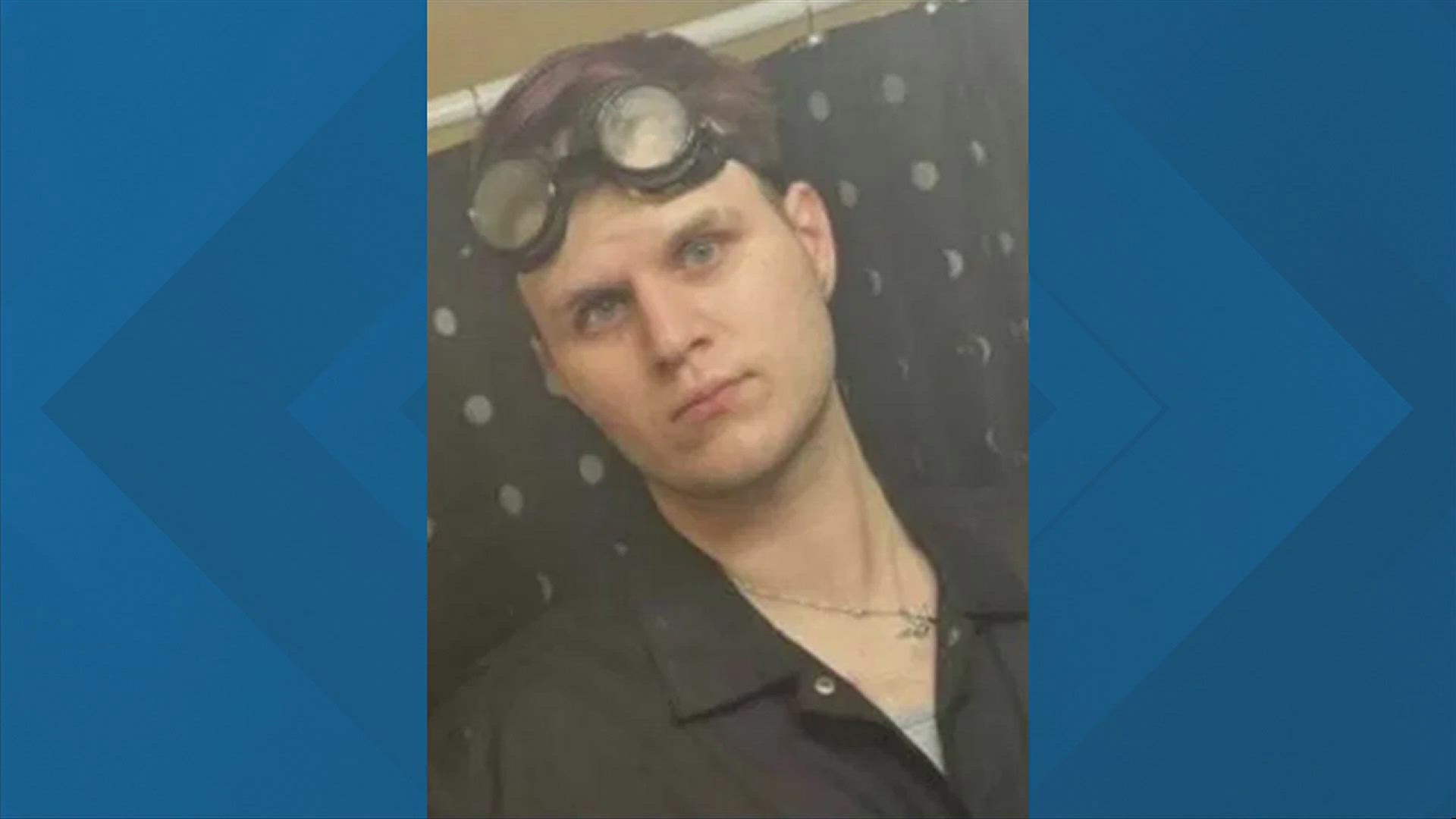A physician told Alabama’s Medicaid Agency Thursday that the state needed to spend newly-available federal money to address child gun violence cases.
“We learned that there would be money on the table for state Medicaid to reimburse pediatricians for firearm safety counseling, which is something we’re already doing in our primary care clinic,” said Dr. Morissa Ladinsky, a University of Alabama Birmingham (UAB) provider representing primary care providers, during a meeting of the agency’s medical care advisory committee.
Alabama Medicaid pays health care costs of about 80% of child gun violence cases. New federal guidance allows states to pay providers through Medicaid for parental and caregiver counseling on firearm safety and injury prevention.
In fiscal year 2022, nearly 57% of all Alabama children were covered by Medicaid, according to Alabama Medicaid, and firearms were the leading cause of death in 2022 among Alabama children aged 1-17, according to the Center for Gun Violence Solutions at the Johns Hopkins Bloomberg School of Public Health.
According to the U.S. Centers for Disease Control and Prevention, Alabama had 25.5 firearm deaths per 100,000 people in 2022, the fourth-highest gun death rate in the nation. Alabama had more total gun deaths that year than New York State, which has almost four times the population of Alabama.


Ladinsky said that care for each child gun violence victim amounts to “several hundreds of thousands of dollars.”
Commissioner Stephanie Azar said that the U.S. Centers for Medicare and Medicaid Services, which oversees both programs, was supposed to send the agency a letter, “or something along that line,” but they have not received any communication or notification on the funds available.
“But if we do, I want to certainly let you know,” Azar said.
Dr. Marsha Raulerson, a pediatrician representing the Medical Association of the State of Alabama, said that it may even increase Medicaid payments to pediatricians, which she said has the lowest reimbursement among specialties.
“So many pediatricians have hung it up because they can’t make a living,” Raulerson said.
Raulerson also pointed to gaps in Medicaid coverage, such as dental care for children with disabilities. She said children with intellectual disabilities often need to be sedated for dental care, which requires a hospital setting, and there aren’t enough dentists that accept new Medicaid patients. Raulerson, based in Escambia County, is having to refer patients to Selma for this dental care.
“If I talk to a dentist in Mobile, sometimes I can talk them into seeing one my patients, but some of them are having to go to Selma, which is a very long way from Brewton, so that that’s an ongoing, serious issue,” she said.
This article originally appeared in the Alabama Reflector, an independent, nonprofit news outlet. It appears on FOX54.com under Creative Commons license CC BY-NC-ND 4.0.



